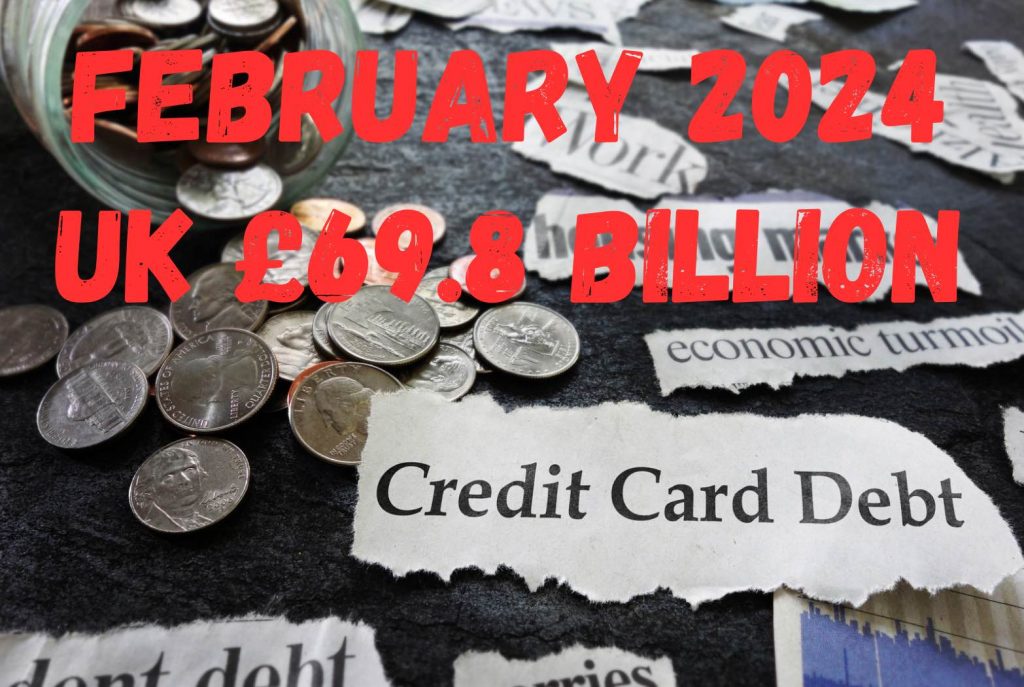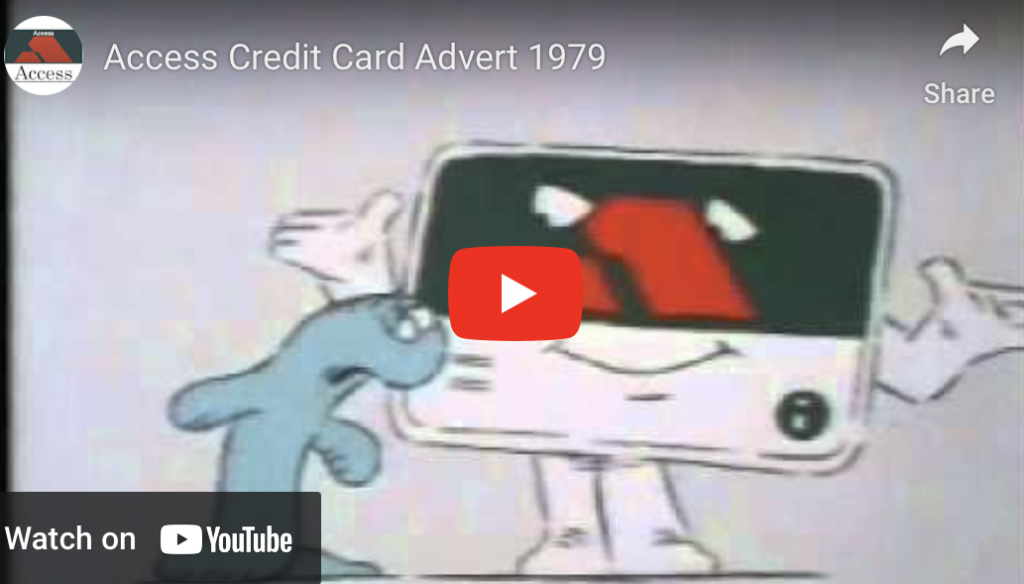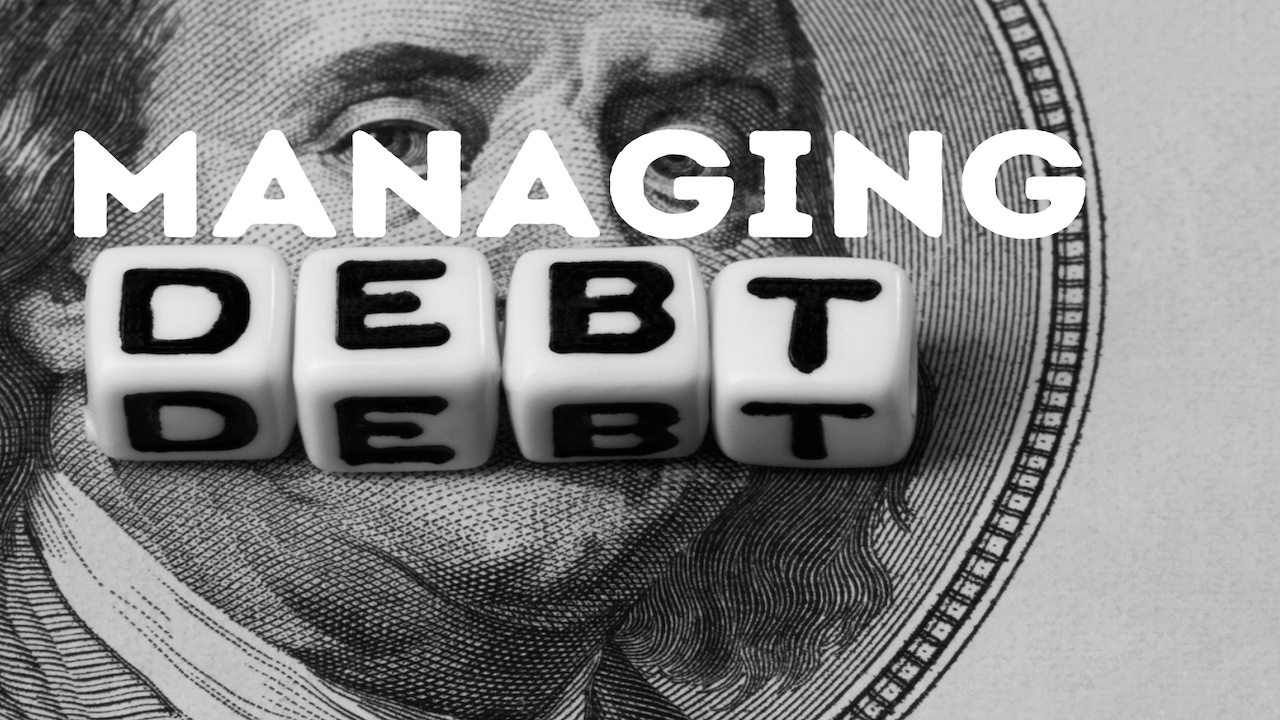I always thought that debt was a bad thing but bizarrely enough there are two types of debt depending on how you use it. There’s bad debt and good debt. In this blog Managing debt: What you need to know, I’m going to compare the two different types of debt and how bad debt will keep you locked in your 9-5 forever while good debt creates financial strength to allow you the freedom to be the person you’ve always wanted to be.
The Banking System
In my blog, The banking system: friend or foe, I gave two alternative viewpoints about the banking system and asked whether you think it is a friend or foe? Let’s delve a bit deeper into the banking system to see what really goes on, just in case you’re sitting on the fence.
Banks use FUD ( Fear, Uncertainty and Doubt) very effectively in their marketing and advertising campaigns to persuade you that the only place, the safest place for your money is in their deposit accounts and as a thank you they give you a small interest payment (currently 3% ish) as well. But what does the bank do with your money? Let’s say you walk into a bank tomorrow and deposit £10,000 into a deposit account. The bank keeps £1,000 for contingency purposes and then loans out the other £9,000 to somebody else at a higher interest rate. They are spending (investing) someone else’s money ie OURS to make more money…. That’s how the global money markets work. They receive from someone offering one rate and lend it to someone else at a higher rate.
Managing Debt: Bad Debt
In my last blog, How to invest in the stock market tax free I explained that we merrily go to work every day to earn income and in the process lose 29% of it to the tax man in income tax and national insurance and the rest goes to pay for our monthly expenses. But it’s never quite enough is it? The banks are here to help however. They have products in the form of house improvement/car/holiday loans, payday loans and credit cards to ease our lack of monthly cash. They entice us to get into debt with clever advertising slogans such as;
They tap into your worst nightmare of public humiliation ( Really, you’re driving that car), ( oh, your kids only go to that school), (really, you can only afford to go to Bognor Regis for your summer hols) etc to entice you to take on as much debt as they will allow you to have. Your Ego kicks in to protect self so you use confirmation bias to justify to yourself that it’s a good idea to take out a credit card that charges an APR of 27% so you can have your new sofa, car, the extra push bike, new TV etc just so you can keep up with the Jones’. This is the rat race in full flow. Take a look at the next image and let me blow your mind.

UK citizens owe the banks almost 70 BILLION pounds in credit card debt. Credit card debt is BAD DEBT because everything purchased on a credit card loses money over time. You are spending someone else’s money to buy THINGS that lose money. The banks on the other hand are spending other people’s money and lending it back out at a higher rate than what they bought it for. Big difference. HUGE.
Over the last 15 years my advice to anyone interested in building a financial freedom platform from which to build a new life has always started with DEBTS TO ZERO and I will preach this until I die. You cannot build wealth if you are carrying BAD DEBT. Any form of credit you take out to buy THINGS that go down in value as soon as you’ve bought them is BAD DEBT.
Listen to this little reel from Dave Ramsey. Dave runs a phone in podcast in the States to help people with their finances. These people that phone in by the way aren’t uneducated and unprofessional people. Lawyers, dentists, doctors and pilots are all maxed to the hilt living beyond their means. It’s frightening. When they justify to themselves that they can afford it what they are actually saying is ‘Can I make the next credit payment from next months salary? If you have to take out credit to pay for something, you can’t afford it. You are living above your means. Bad debt is plain dumb and you shouldn’t be using it.
So, if that’s bad debt, what’s good debt? Great question
Managing Debt: Good Debt
I was that numpty once. Maxed out, carrying loads of debt and living beyond my means buying depreciating assets with credit cards. I used to go through phases of pushing the limit to the full, cutting the cards up and then reapplying. Who remembers Access-your flexible friend?
Access- My flexible friend was my nemesis. The amount of times I cut that baby up to get another one once I’d paid off the balance is nobody’s business. Then one day, I snapped and said no more credit cards. Until I met John that is. John was a client of mine, an accountant whose wallet was bulging not with cash but with 27 credit cards. Why have you got so many credit cards, I enquired? Because they give me offers, he replied. Offers? What kinda offers? I asked cheekily.


Money transfers for instance. I can transfer 95% of the credit card balance for a 1 off fee of 3% (this was a long time ago, it’s gone up now obvs) at 0% Interest as long as I pay the minimum monthly repayment for the offered time period. ‘Oh right’ I said, ‘and what do you do with the money? ‘ He replied ‘I invest it in assets that give me more than a 3% return’ so I make money with other people’s money. It meant nothing to me at the time, I just thought he was dead clever and in my defence I was running a limited company breaking my back to really understand the message but then roll on 10 years and Covid happened. Stuck in my rental property with nothing to do I started reminiscing about my life, it’s twists and turns, it’s ups and downs and who should pop into my head but John and his credit card offers. I opened my Credit card app and sure enough I had a money transfer offer. Can’t be that simple can it? I thought to myself. I take 95% of my credit card balance at 3%, 0% interest for 18 months, plonk it in the stock market and then give them their capital back at the end of the term, thereby using someone else’s money to make money. I looked around the room to see if the candid camera boys had been but which ever way I looked at it the only problem I could see was that I was time constrained and as I mentioned in my blog, top 10 investing mistakes to make, you should never invest in the stock market if you need the money at a certain point in time. I was confident in my approach however, and now I add what I make in my credit card fund to my annual ISA allowance and wait for the next offer. This is GOOD DEBT.
Managing Debt: The best advice I didn’t ever receive
I met a guy just recently and he said that all his life he’s asked 1 question to everybody he met who was financially more affluent than he was and that question was ‘What is the best piece of advice would you give someone just starting out? So I asked him, ‘In your opinion what was the best response?’ ‘Don’t invest your own money, invest someone else’s’, he replied. I said yeah, that’s all the Banks do and that’s what I’m doing with my credit cards. Banks are fair weather friends. When the going is easy and they can get their hands on cheap money they’ll throw it at you no matter what idea you have but when the going gets tough you could have 200% collateral and they’ll say ‘Sorry, can’t help. When Richard Branson was launching Virgin Atlantic a flock geese flew into one of his engines costing him to go over his three million overdraft. Coutts refused to extend causing Branson huge headaches to get his airline off the ground having been a very loyal and profitable customer for many years. Having said all that derogatory stuff about the lovely people in the banking world, from time to time they do come up with some lovely cheap cash and if you can make money in the stock market, buying GOOD DEBT is a great way to propel your financial base forward.
Conclusion
Bad debt is using banks money at 27% interest to pay for items that go down in value as soon as you buy them. ALL consumer goods go down in value and eventually to zero. Good debt is using the banks generous offers (when they occur) and buying assets that make you money but you can only take advantage of Good Debt when you have a system that allows you to buy appreciating assets. In my next blog, 6 steps to financial freedom, I go through the 6 steps you need to take to be financially independent, live earned income free and enjoy your life and the planet you live on before the grim reaper presses the big red button.




0 Comments